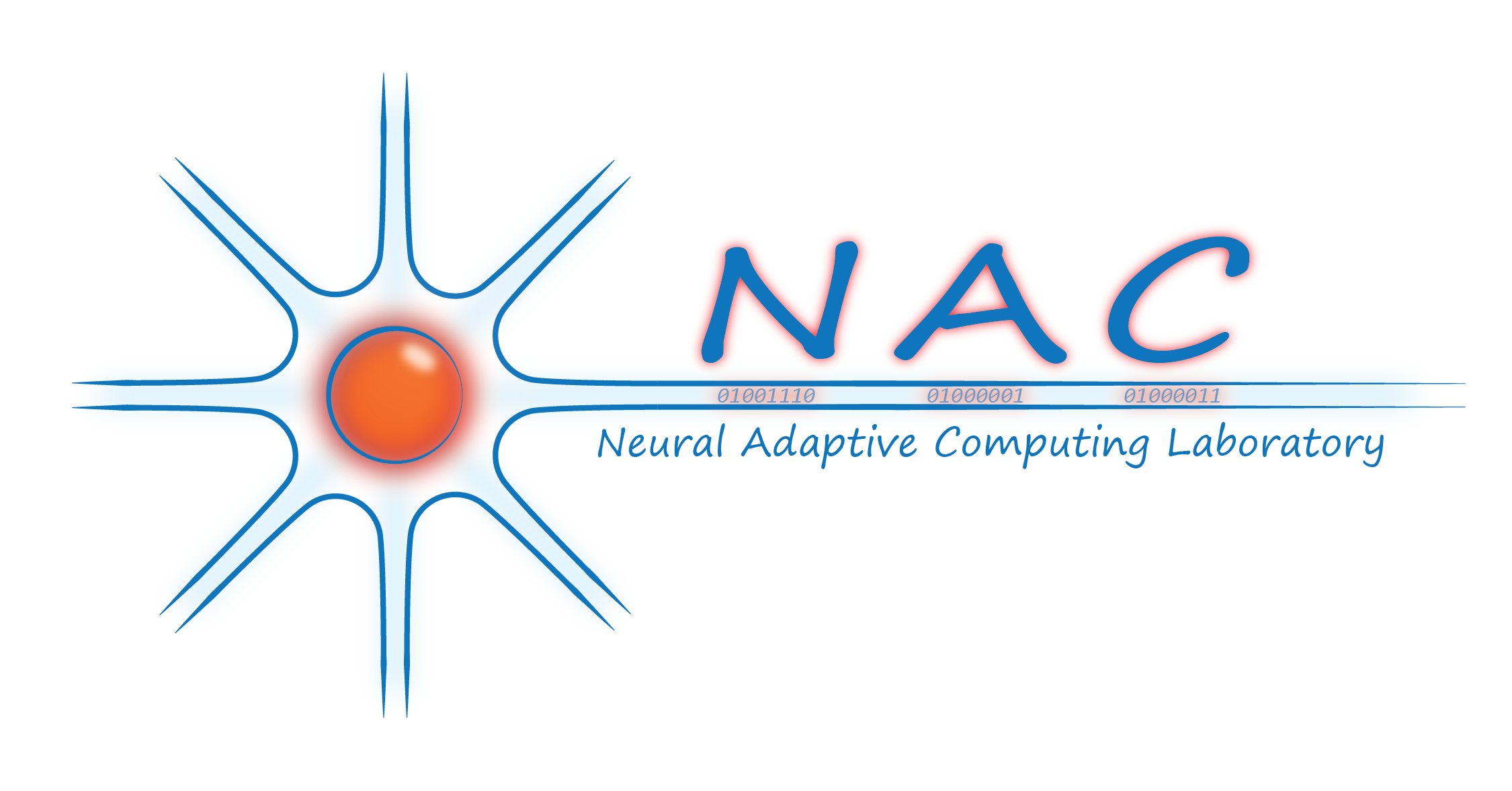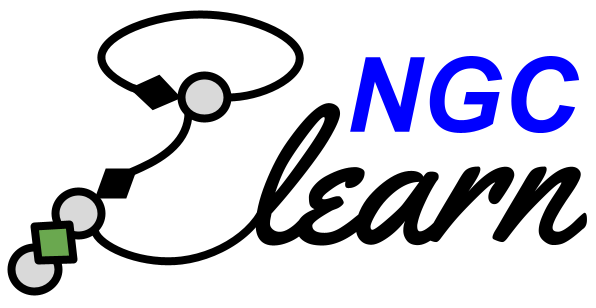
Assistant Professor
PhD, Information & Science Technology (The Pennsylvania State University), Minor in Social Data Analytics
B.S.E., Computer Science & Engineering (Bucknell University, U.S.A.), Minors in Mathematics & Philosophy
Director, Neural Adaptive Computing (NAC) Laboratory
Department of Computer Science
Rochester Institute of Technology (NY, USA)
Office: Golisano Hall Rm. 3537
Email: agovcs AT rit DOT edu (Teaching/Advising), ago AT cs DOT rit DOT edu

 ngc-learn is a Python library that was
specifically designed for building, simulating, and analyzing arbitrary predictive processing
(or predictive coding) models based on the neural generative
coding (NGC) computational framework. This toolkit, distributed under the 3-Clause BSD license, is built
on top of Tensorflow 2. Note that ngc-learn's nodes-and-cables
system is quite general and can even be used to build non-predictive processing models,
such as those that are learned with contrastive Hebbian learning. One of ngc-learn's key aims is
to offer a flexible, powerful tool to aid researchers and students alike, across the fields of
statistical learning, computational neuroscience, and cognitive science, in developing computational
simulations of, experimenting with, and studying neural systems that infer and learn in a more
neurobiological, neurocognitive fashion.
ngc-learn is a Python library that was
specifically designed for building, simulating, and analyzing arbitrary predictive processing
(or predictive coding) models based on the neural generative
coding (NGC) computational framework. This toolkit, distributed under the 3-Clause BSD license, is built
on top of Tensorflow 2. Note that ngc-learn's nodes-and-cables
system is quite general and can even be used to build non-predictive processing models,
such as those that are learned with contrastive Hebbian learning. One of ngc-learn's key aims is
to offer a flexible, powerful tool to aid researchers and students alike, across the fields of
statistical learning, computational neuroscience, and cognitive science, in developing computational
simulations of, experimenting with, and studying neural systems that infer and learn in a more
neurobiological, neurocognitive fashion.